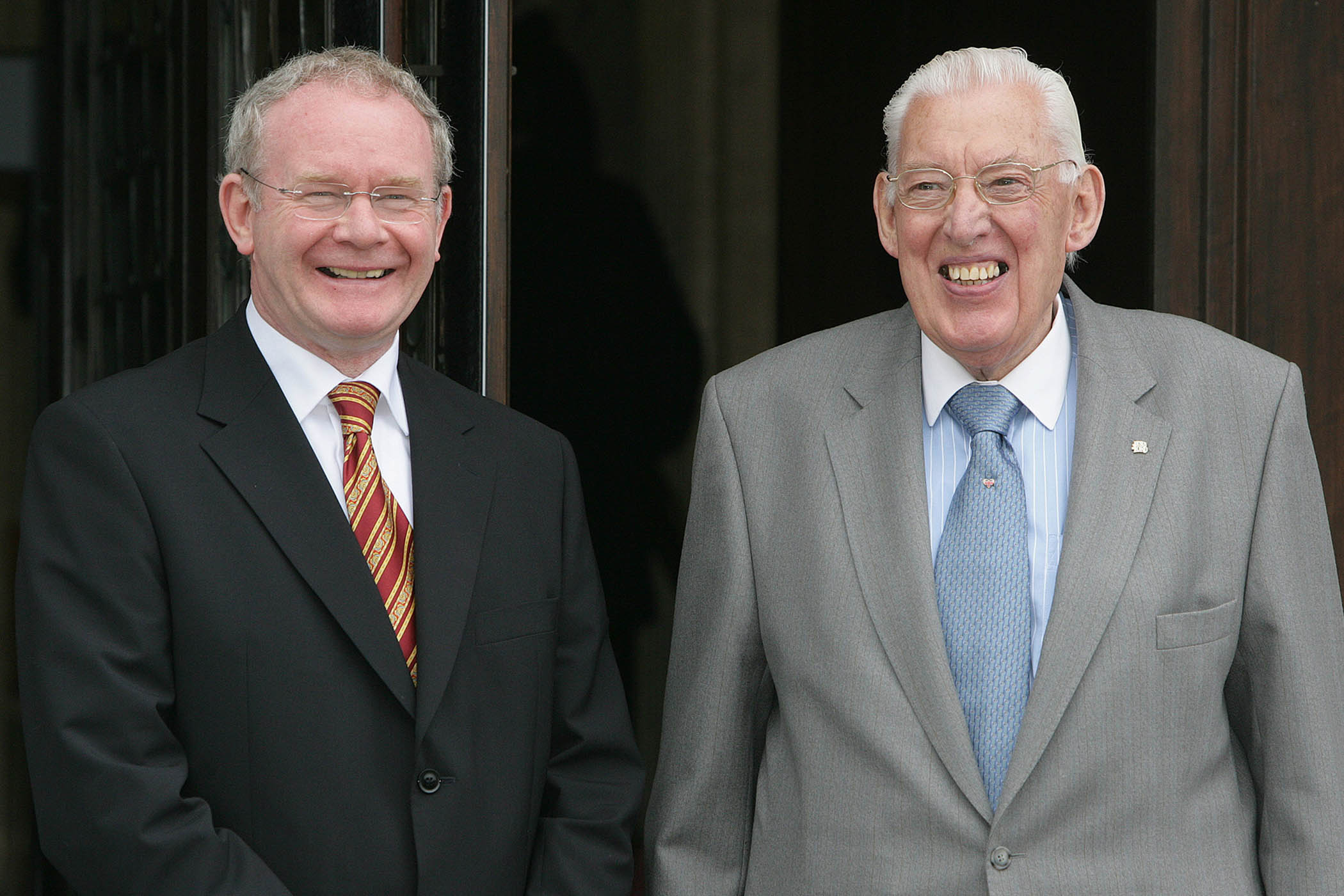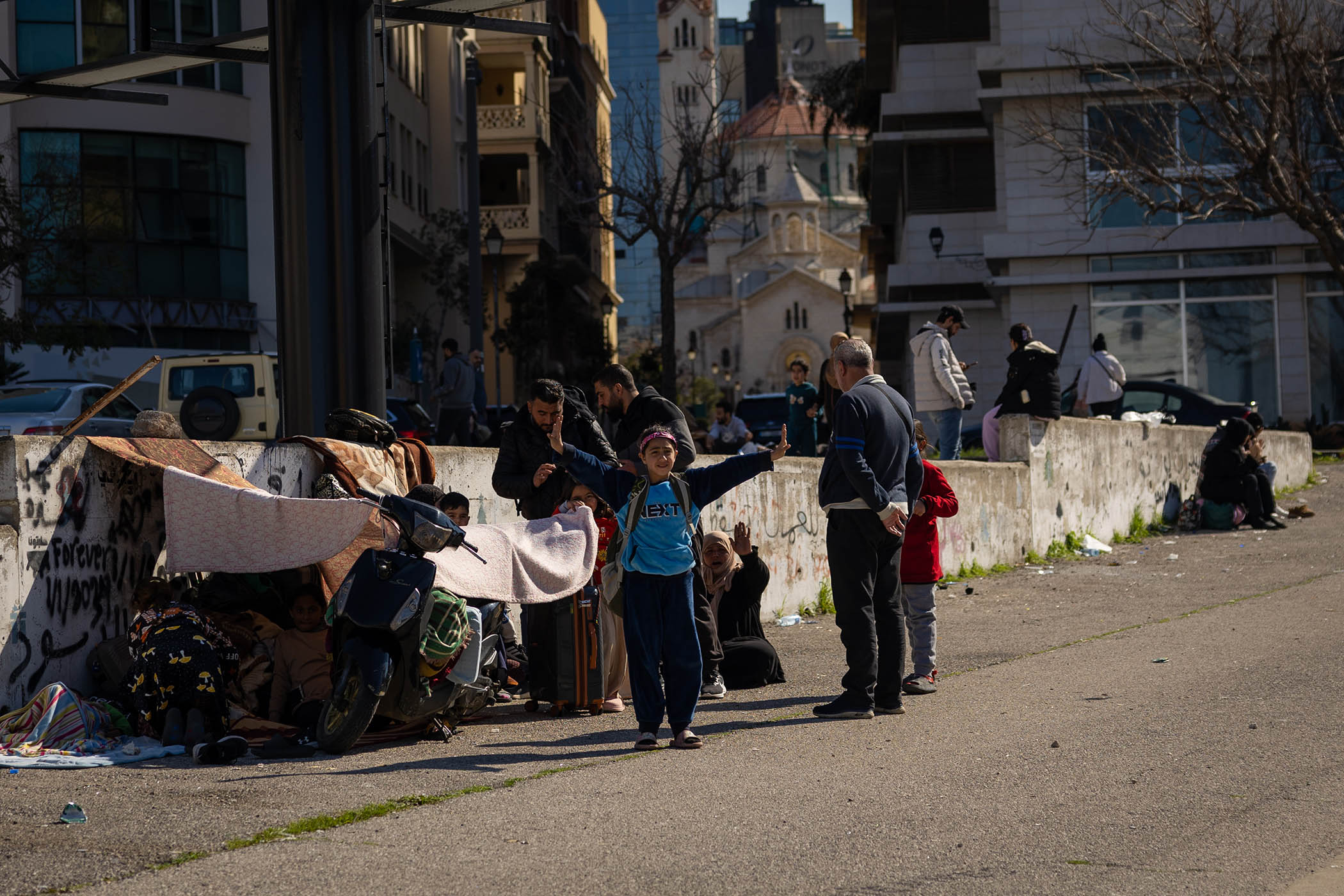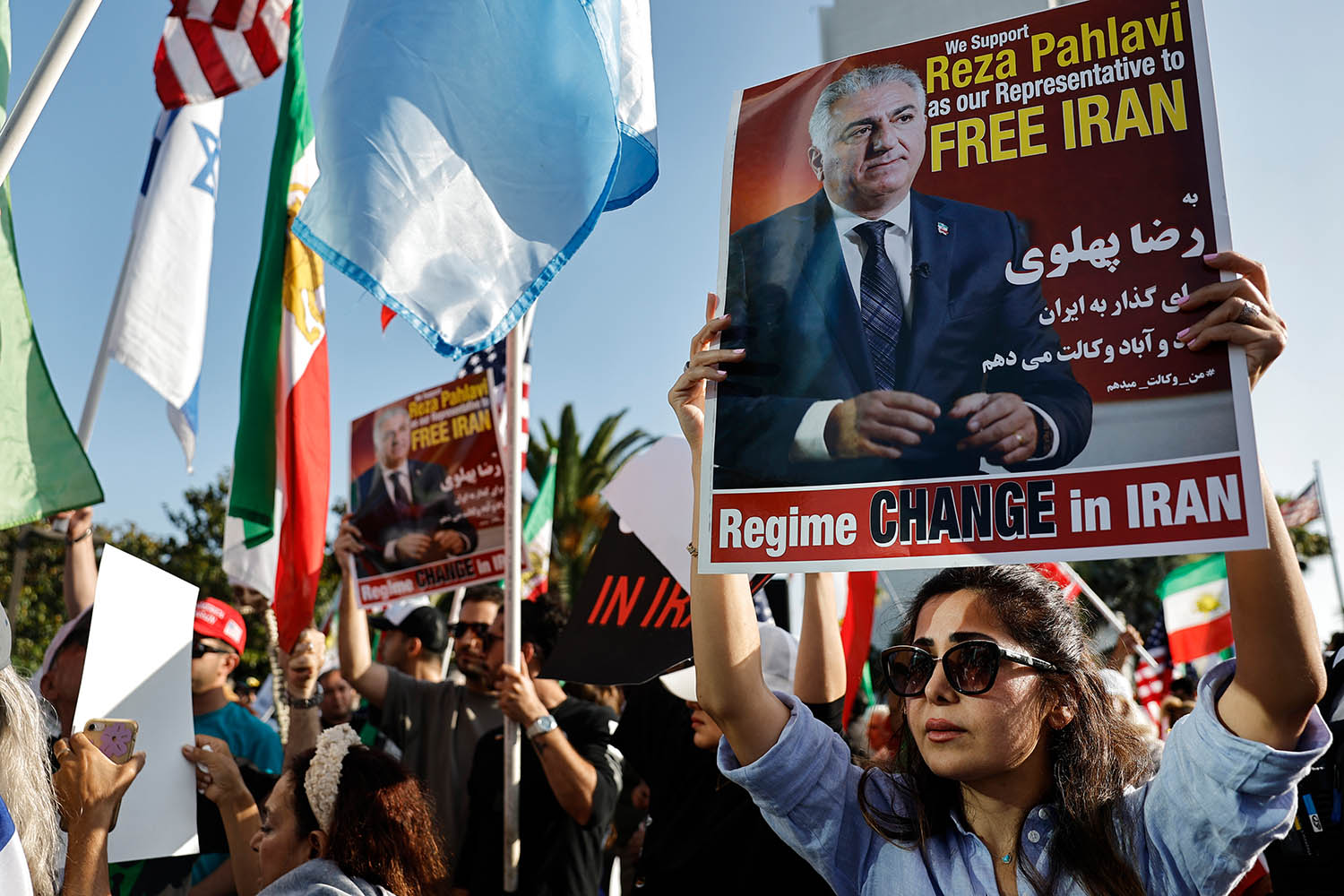A long-term end to the horror in Gaza is only possible through Palestinian self-determination alongside Israeli security – the internationally agreed foundation for lasting peace since the Oslo Accords, now over 30 years old.
But among the many obstacles to that goal – not least the current rightwing Israeli government’s implacable opposition to an independent Palestinian state – lies a deeper threat: corruption.
Israel’s prime minister, Benjamin Netanyahu, is already facing corruption charges. Corruption is endemic within the Palestinian Authority in the West Bank. In Gaza, masked Hamas fighters are already executing those they don’t control – and, as I detail in my new book, Liberation and Corruption, one-party states historically have been breeding grounds for systemic corruption.
Even multiparty democracies with strong constitutional foundations are not immune. South Africa – once a global symbol of freedom and constitutionalism – has tragically betrayed the values of its liberation struggle, descending into ubiquitous corruption. It is a haunting precedent for any future Palestinian state.
Gandhi’s Congress party, inspirational when it was struggling for Indian independence from British colonial rule, became deeply corrupt once in office. The same was true of the Sandinistas after they took power in Nicaragua. Their leader, Daniel Ortega – a hero during the liberation struggle – became a corrupt, misogynistic, dictatorial and nepotistic head of state.
Similar patterns can be seen in Zimbabwe, Angola, Bolivia and Cuba. Other liberated countries, such as Algeria, maintained the corruption that had been institutionalised during their former colonial regimes or, in South Africa’s case, apartheid.
Space only opened up for politics when both sides acknowledged military victory was impossible
Space only opened up for politics when both sides acknowledged military victory was impossible
Today, the very governments behind the Gaza ceasefire and their corporations, along with those in China, India and Dubai, underpin a global financial system gobbling up billions looted from the poorest in the world. Witness kleptocrats buying up London mansions or shifting their stolen assets into UK overseas territories such as the British Virgin islands.
The UAE government turns a blind eye as Dubai becomes a hub for money laundering, smuggling and global crime. China does the same with Hong Kong – both now prime destinations for hiding the proceeds of international crime.
Look at what Donald Trump did almost immediately by presidential executive order: he paused all future investigations and enforcement actions under the 1977 Foreign Corrupt Practices Act.
Meanwhile, none of the key lessons from the Northern Ireland peace process have been applied to the Israeli-Palestinian conflict – despite the US, UK and European Union all backing that effort.
Newsletters
Choose the newsletters you want to receive
View more
For information about how The Observer protects your data, read our Privacy Policy
Many take for granted the 1998 Good Friday Agreement and the follow-up 2007 settlement that I negotiated under Tony Blair. Yet we brought together bitter enemies – Ian Paisley, the loyalist who had always said “No”, and Martin McGuinness, the former IRA commander – to share power. People say that Israel-Palestine is intractable. People forget how deep the hatred, sectarianism and violence once ran on the island of Ireland – at least as bitter and long-standing as in Israel-Palestine.
Space only opened up for politics and negotiation when both sides acknowledged military victory was impossible. The British government admitted it couldn’t defeat the IRA. And the IRA realised it couldn’t bomb or shoot its way to a united Ireland.
Yet the Israeli government remains fixated on “destroying” Hamas, which is – as was the IRA – an ideological movement with deep grassroots support, not just a terrorist organisation. Is any international leader behind the fragile Gaza ceasefire really an “honest broker” between Israelis and Palestinians, as we were in Northern Ireland? We wouldn’t have made such historic – “it will never happen” – progress otherwise.
After reducing Gaza to rubble and continuing to entrench illegal settlements across the West Bank, does the Israeli government not understand it is simply breeding new generations of Palestinian extremists, as indeed its ruling Likud party has done for years?
Meanwhile, Palestinian leaders have shown little understanding of why the South African liberation struggle led by Nelson Mandela and Oliver Tambo was so successful. Yes, it had a paramilitary wing and Mandela was denounced as a “terrorist”, even by UK prime minister Margaret Thatcher. But Mandela and Tambo built a broad anti-apartheid movement uniting small-c conservatives and big-M Marxists.
There is no sign of such cohesion among the Palestinians today: instead, we see a divided movement, some of it fanatically Islamist. Not encouraging, but nothing has been for years in the Israeli-Palestinian conflict.
One thing is now imperative: a proactive and global commitment to fight corruption. Ensuring that any US and other global corporations helping rebuild Gaza don’t bribe their way into lucrative contracts – there will be billions in procurement at stake;. It means accelerating Netanyahu’s corruption prosecution.
And the key countries involved – such as the US, UK and UAE – must own up to their own culpability in global corruption.
Lord Hain is a former UK Middle East minister and secretary of state for Northern Ireland. His book Liberation and Corruption: Why Freedom Movements Fail is published by Policy Press on 28 October
Photograph by Paul McErlane/Getty Images


